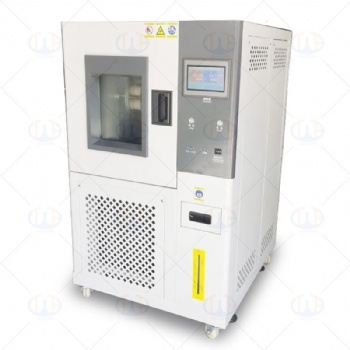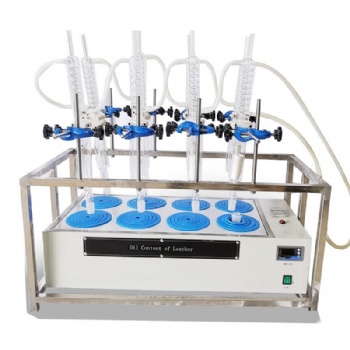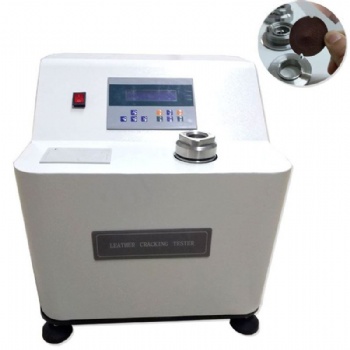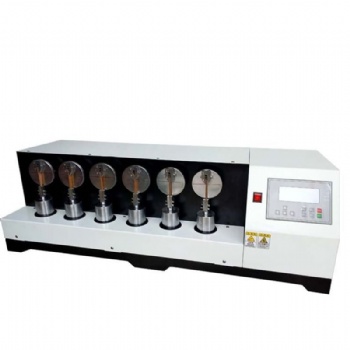News
material testing machine: an overview
material testing machine: an overview
A material testing machine is essential for evaluating the properties and performance of various materials, from metals and plastics to textiles and composites. These machines are used in industries such as construction, manufacturing, automotive, and aerospace, where understanding material properties is crucial for quality control, safety, and compliance with industry standards.
What Is a Material Testing Machine?
Material testing machines are designed to apply controlled forces and measure responses, helping engineers understand characteristics like strength, flexibility, hardness, and elasticity. By simulating real-world forces, these machines provide data that helps ensure materials meet the required performance and safety standards.
Types of Material Testing Machines
1.Universal Testing Machine (UTM): This versatile machine can perform a wide variety of tests, including tensile, compression, and bending tests. UTMs are commonly used for metals, polymers, and other materials to measure their load-bearing capacity and elongation.
2.Hardness Testing Machine: Used to measure the resistance of a material to indentation or abrasion. Popular types include Rockwell, Brinell, and Vickers hardness testers, each suited for different materials and applications.
3.Impact Testing Machine: Measures a material’s ability to absorb energy upon impact. Charpy and Izod impact tests are popular methods used to evaluate materials like metals, plastics, and composites.
4.Fatigue Testing Machine: Simulates cyclic loading to assess how a material behaves under repeated stress, helping predict its lifespan under real-world conditions.
5.Flexural Testing Machine: Primarily used for materials like ceramics, concrete, and plastics, flexural testers measure a material’s bending strength.
6.Torsion Testing Machine: Evaluates a material’s resistance to twisting forces, especially useful for materials used in rotational components such as shafts and screws.
Key Test Parameters
1.Tensile Strength: The maximum amount of stress a material can withstand while being stretched before breaking.
2.Compression Strength: Measures a material’s ability to withstand a force applied to compress it.
3.Flexural Strength: Determines the ability of a material to resist deformation under load.
4.Hardness: Reflects a material’s resistance to permanent shape change when a load is applied.
5.Impact Resistance: Assesses how well a material can absorb energy from a sudden impact without fracturing.
6.Fatigue Limit: Indicates how many cycles a material can endure before it begins to fail.
7.Young’s Modulus: Measures stiffness by calculating the ratio of stress to strain in the elastic region.
Applications of Material Testing Machines
Quality Control: Ensures that materials used in production meet specifications and quality requirements.
Research and Development: Engineers and researchers use material testing to develop new materials and refine existing ones, enabling innovations in products and materials science.
Failure Analysis: Testing helps identify the causes of material failure in applications, supporting troubleshooting and improvements in design.
Certification and Compliance: Material testing is necessary to meet industry standards such as ASTM, ISO, and EN, which are required for products in regulated industries.
Advantages for Factories and Testing Labs
Enhanced Quality Assurance: Testing guarantees that only materials that meet the necessary quality and safety standards are used in production.
Cost Efficiency: By identifying defects early, testing reduces the risk of costly recalls and rework.
Customer Confidence: Certified and tested materials lead to higher customer satisfaction and trust.
Streamlined Production: Reliable testing machines help optimize the production process, reducing waste and ensuring consistency.
Price Factors for Material Testing Machines
Material testing machines vary widely in price based on factors like:
1.Machine Type and Specifications: Advanced machines (e.g., computerized UTMs) with high force capacity and multifunctional testing capabilities tend to be more expensive.
2.Load Capacity: Machines designed for heavy loads (e.g., 50 kN or more) will cost more than lower-capacity machines.
3.Precision and Software: Machines with precision sensors and high-end software for data analysis typically cost more.
4.Manufacturer and Brand: Well-known brands with a reputation for quality may be priced higher, but they often offer more reliable and durable machines.
5.Warranty and Support Services: Machines with extended warranties and dedicated support options may come with a higher upfront cost.
Prices for material testing machines can range from a few thousand dollars for basic models to tens of thousands for advanced, computerized machines with high load capacities.
Conclusion
Material testing machines are essential in today’s manufacturing and research environments. They ensure that materials meet safety and performance standards, which is critical for quality control, innovation, and regulatory compliance. With various machine types, factories and testing labs can select models that align with their specific testing needs, balancing performance with cost-effectiveness. Investing in the right material testing machine ultimately supports quality, safety, and operational efficiency across multiple industries.
steel strand tensile testing machine, material testing machine factory, pellet compression testing machine, manhole cover testing machine
Categories
Contact Us
- +86-18615632092
- wtbequipment@hotmail.com
- sophie-tester
- +86-18615632092




 售前客服
售前客服